BOONE, N.C. — As part of National Geographic’s three-day Explorers Festival, Appalachian State University’s Dr. Baker Perry will talk as part of a livestreamed panel discussion titled “Fueling Earth’s Engines” Thursday, June 13, at 9:05 a.m. EDT.
The livestream can be accessed here.
Program information provided by National Geographic
“Mountains, rainforests and the ocean’s depths power the planet’s essential natural systems that support life on Earth. We’ll hear from explorers just back from National Geographic’s expedition to Earth’s highest peak, Mount Everest in Nepal, about the critical role of mountains in sustaining water supplies for billions of people around the world how mountains can inform scientific approaches to protecting our world. Expedition supported by Rolex.”
The “Fueling Earth’s Engines” discussion includes the following panelists:
- Baker Perry, professor, Appalachian State University, and National Geographic Everest expedition team member.
- Ananta Gujarel, geology department head, Tri-Chandra Multiple Campus of Tribhuvan University, Nepal and National Geographic Everest expedition team member.
- Tracie Seimon, director, Molecular Laboratory, Wildlife Conservation Society and National Geographic Everest expedition team member.
- Paul Mayewski, glaciologist, climate scientist and lead scientist for the National Geographic Everest expedition.
- Tom Matthews, climate scientist and National Geographic Everest expedition team member.
- Tyler Dinley, National Geographic Society producer and Everest expedition team member.
The discussion will be moderated by Aurora Elmore, the National Geographic Society’s senior program manager.
The Explorers Festival features “some of the world’s most innovative scientists, conservationists, explorers, and storytellers from around the world” sharing “discoveries, insights and solutions for creating a more sustainable future,” according to National Geographic.
About Dr. Baker Perry
Perry is a professor in Appalachian’s Department of Geography and Planning. He researches precipitation, snow and ice, tropical glacier–climate interactions and climate change in the tropical Andes and Appalachian Mountains. His work helps affected populations plan for the future.
Perry is recognized as one of the top experts in his field, one of a handful of researchers who have placed weather stations at high elevations worldwide to study the changes in climate and their impacts on populations.
Perry’s work has been published in dozens of scientific journals and conference proceedings, and has yielded grants totaling almost $2.5 million from the National Science Foundation, National Aeronautics and Space Administration (NASA) and various other organizations.
He has taken Appalachian students to the Andes Mountains 14 times for an education abroad experience offered through the university’s Office of International Education and Development.
Perry is also the great-great-grandson of D.D. Dougherty, who, along with his brother, founded Watauga Academy in 1899, now known as Appalachian State University.
What do you think?
Share your feedback on this story.
A faculty-led study abroad in Peru supports NSF experiments and student learning
A Peru study abroad becomes a metaphor for the Appalachian Experience
About the Department of Geography and Planning
The Department of Geography and Planning promotes the understanding of the spatial dimensions of human behavior within the physical and cultural systems of the earth, and the role of planning in achieving improvement in those systems. The department offers degrees in geography and in community and regional planning. Learn more at https://geo.appstate.edu.
About the College of Arts and Sciences
The College of Arts and Sciences (CAS) at Appalachian State University is home to 17 academic departments, two centers and one residential college. These units span the humanities and the social, mathematical and natural sciences. CAS aims to develop a distinctive identity built upon our university's strengths, traditions and locations. The college’s values lie not only in service to the university and local community, but through inspiring, training, educating and sustaining the development of its students as global citizens. More than 6,800 student majors are enrolled in the college. As the college is also largely responsible for implementing App State’s general education curriculum, it is heavily involved in the education of all students at the university, including those pursuing majors in other colleges. Learn more at https://cas.appstate.edu.
About Appalachian State University
As a premier public institution, Appalachian State University prepares students to lead purposeful lives. App State is one of 17 campuses in the University of North Carolina System, with a national reputation for innovative teaching and opening access to a high-quality, cost-effective education. The university enrolls more than 21,000 students, has a low student-to-faculty ratio and offers more than 150 undergraduate and 80 graduate majors at its Boone and Hickory campuses and through App State Online. Learn more at https://www.appstate.edu.
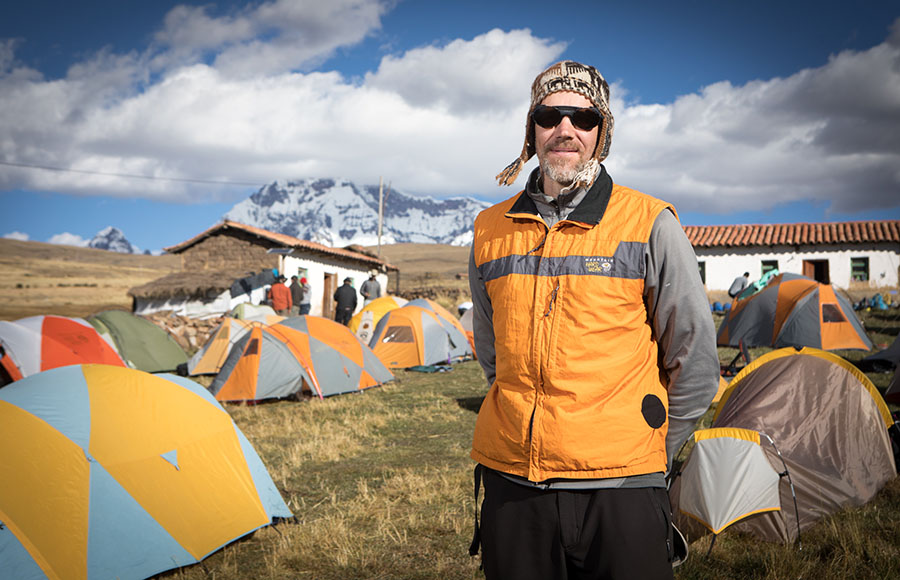

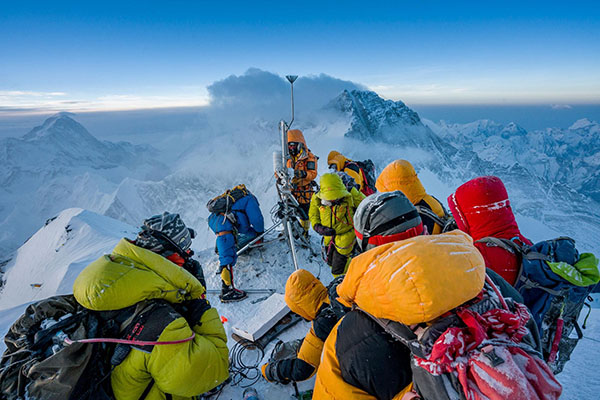
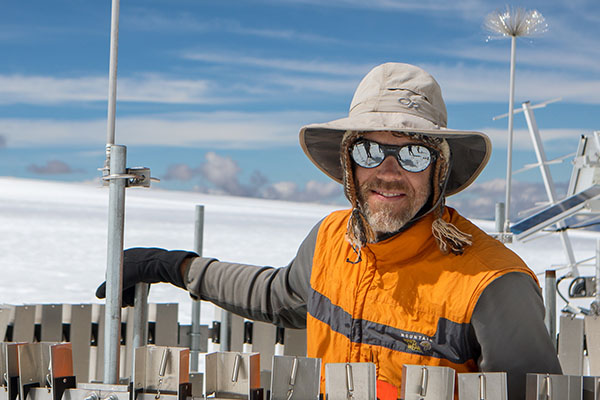
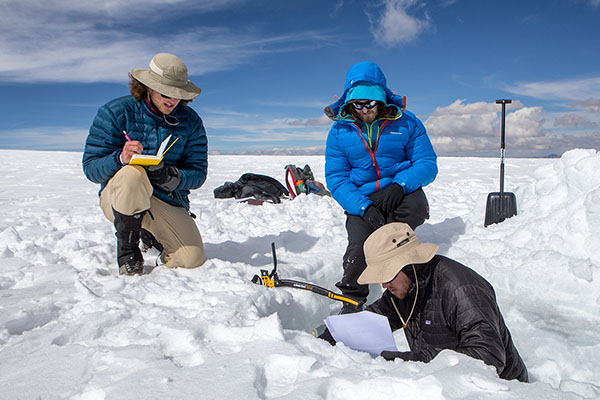
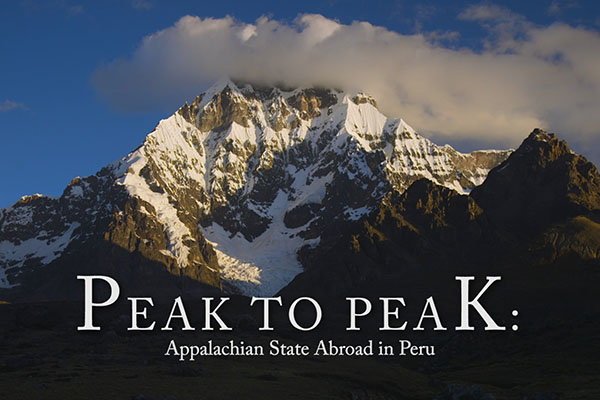
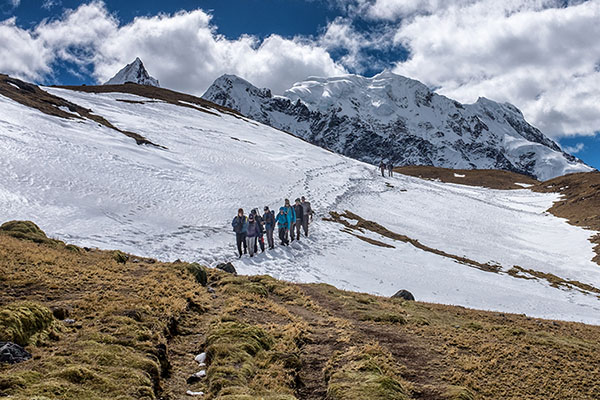




![How NCInnovation Is Rethinking Economic Development in North Carolina [faculty featured]](/_images/_posts/2026/02/rethinking-economic-development-600x400.jpg)






